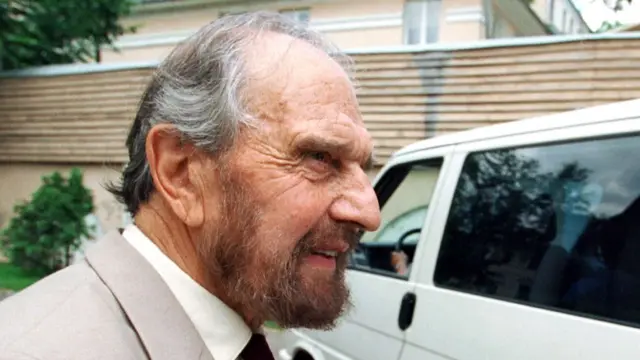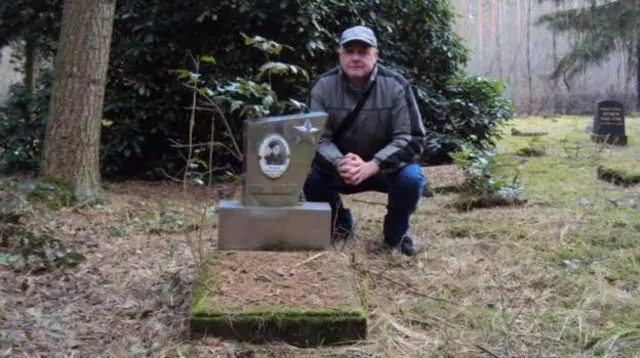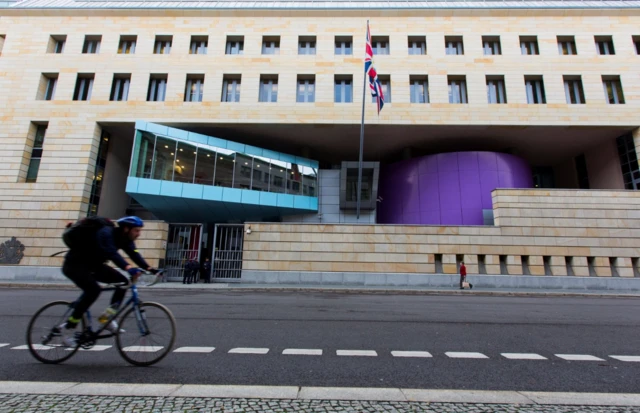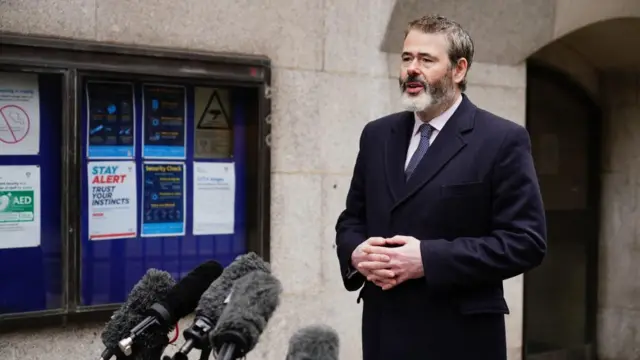Our full writeup is available nowpublished at 12:54 GMT 17 February 2023
 James FitzGerald
James FitzGerald
Live reporter
That's all for our coverage of the sentencing of David Smith, a former British embassy security guard in Berlin who admitted spying for Russia.
You can read a fresh writeup of the story by my colleague, home affairs correspondent Tom Symonds, here.
As for this live page - that was brought to you by Holly Wallis, Laura Gozzi, Marita Moloney, Aoife Walsh, Emily McGarvey and Christy Cooney. We also had Thomas Mackintosh reporting from the Old Bailey.
Thanks for following along, and see you next time.








